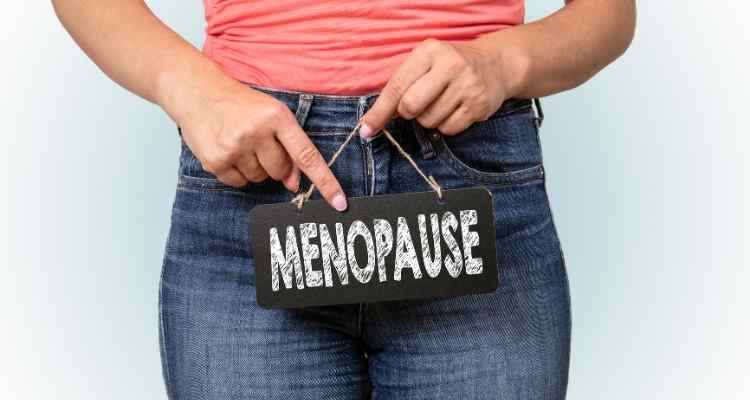Menopause is an inevitable phase in your life, and as you age you will have to experience significant changes in your reproductive health. There are many misconceptions about this stage, and you do not have to be uncertain of the changes happening in your body. Therefore, it is good to seek help in navigating the changes, and menopause specialists such as Patricia Nevils M.D. of Vibrant Woman Health Center are there to help. Dr. Nevils can help clear things up and also help you through the changes.
The Menopause Age
There are many premature concepts around the menopause age, and you’d better know the truth. First of all, your health is unique and may not be the same as others. Therefore, the changes do not have a specific age when you should experience them. However, the average onset age for menopause is 51. Some women report some of the symptoms of menopause at 45 while others at 55. Therefore, you can begin to experience these changes at any age between the brackets.
Perimenopause and Menopause
The period right before menopause is referred to as perimenopause. Most people can misunderstand this phase and menopause as your body undergoes some changes, only that it is the beginning of the transition to menopause.
Hormone production begins to decline at this stage, and you can experience symptoms similar to menopause symptoms.
Symptoms of Reduced Levels of Estrogen in Your Body
As noted above, hormone production in your body declines as you approach menopause. Although the symptoms may vary, most women report hot flashes during menopause. This makes them be the most common symptom you can experience during menopause. However, you can also experience some joint and muscle pain or mood swings.
The hot flashes affect the top half of your body and are where your skin can become blotchy or may turn reddish. They can occur once or multiple times a day, and you may experience sweating, feelings of dizziness, or heart palpitation due to the rush of heat.
Menopause Can Affect Your Bone Health.
While you are at the menopause stage, there is a decline in estrogen production, affecting the amount of calcium in your bones. As a result, your bone density can decrease, leading to osteoporosis. Besides, you can become more susceptible to spine, hip, or other bone fractures.
However, you can keep your bones strong during menopause by eating foods with a high concentration of calcium, take vitamin D supplements, and reduce alcohol consumption.
Menopause and Weight Gain
A lot has been said around this area, and it is good to clear the air. Although hormone production changes can cause weight gain, other factors such as aging also contribute to weight gain. Therefore, you may or may not experience weight gain as it doesn’t primarily occur due to menopause.
You can focus on weight management by maintaining a balanced diet, having regular exercises, and developing other healthy habits to control your weight.
Variance in Symptoms
Please note that menopause symptoms vary from one woman to another. Don’t be surprised if you experience different symptoms from your mother, sister, or friends. Even the age when menopause occurs is different, and therefore, you have to focus on managing the menopause individually.
If you have any questions about menopause, please talk to your doctor and be in the know. Dr. Nevils is more than ready to assist you if you reach out at Vibrant Woman Health Center.

